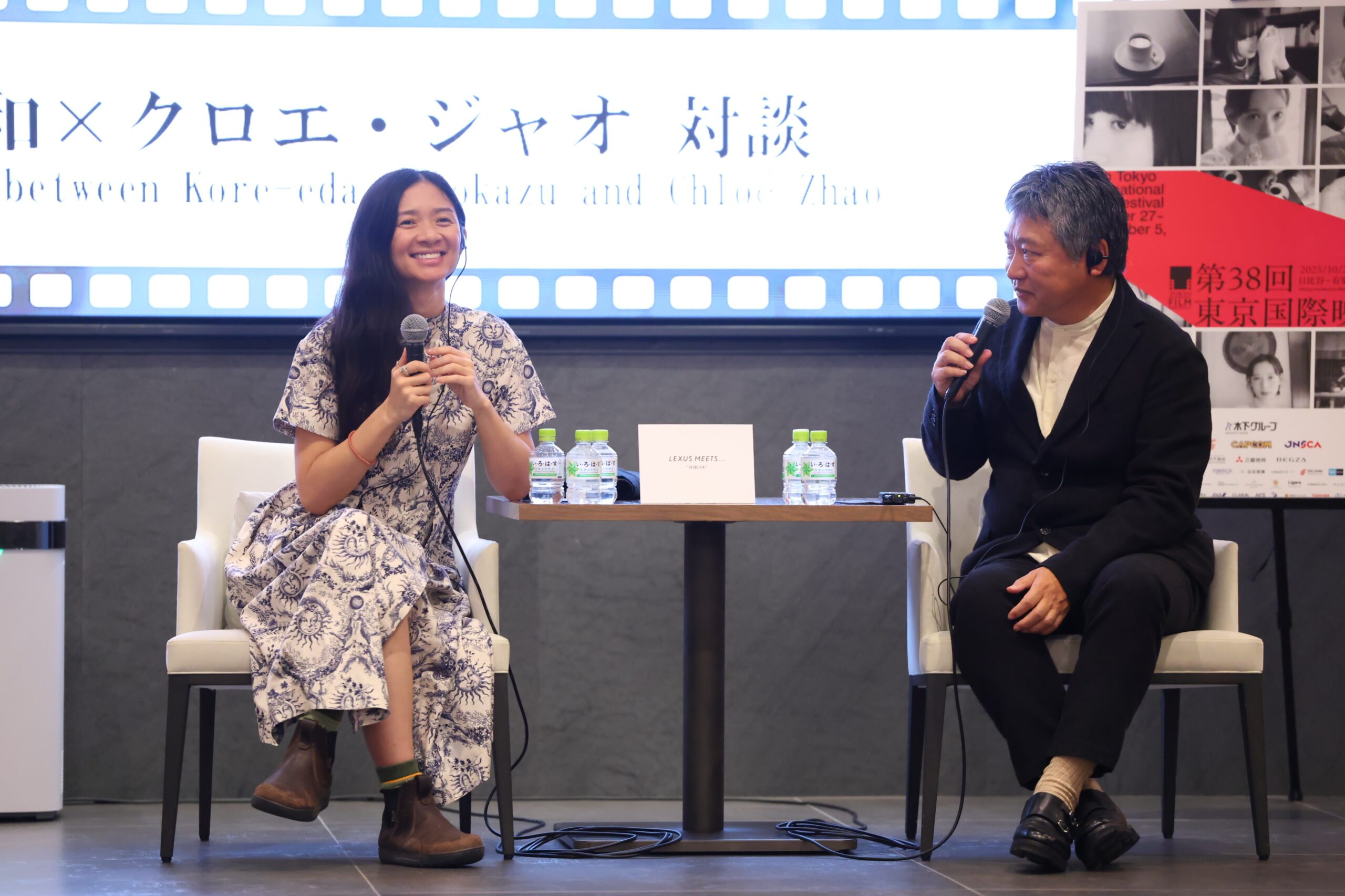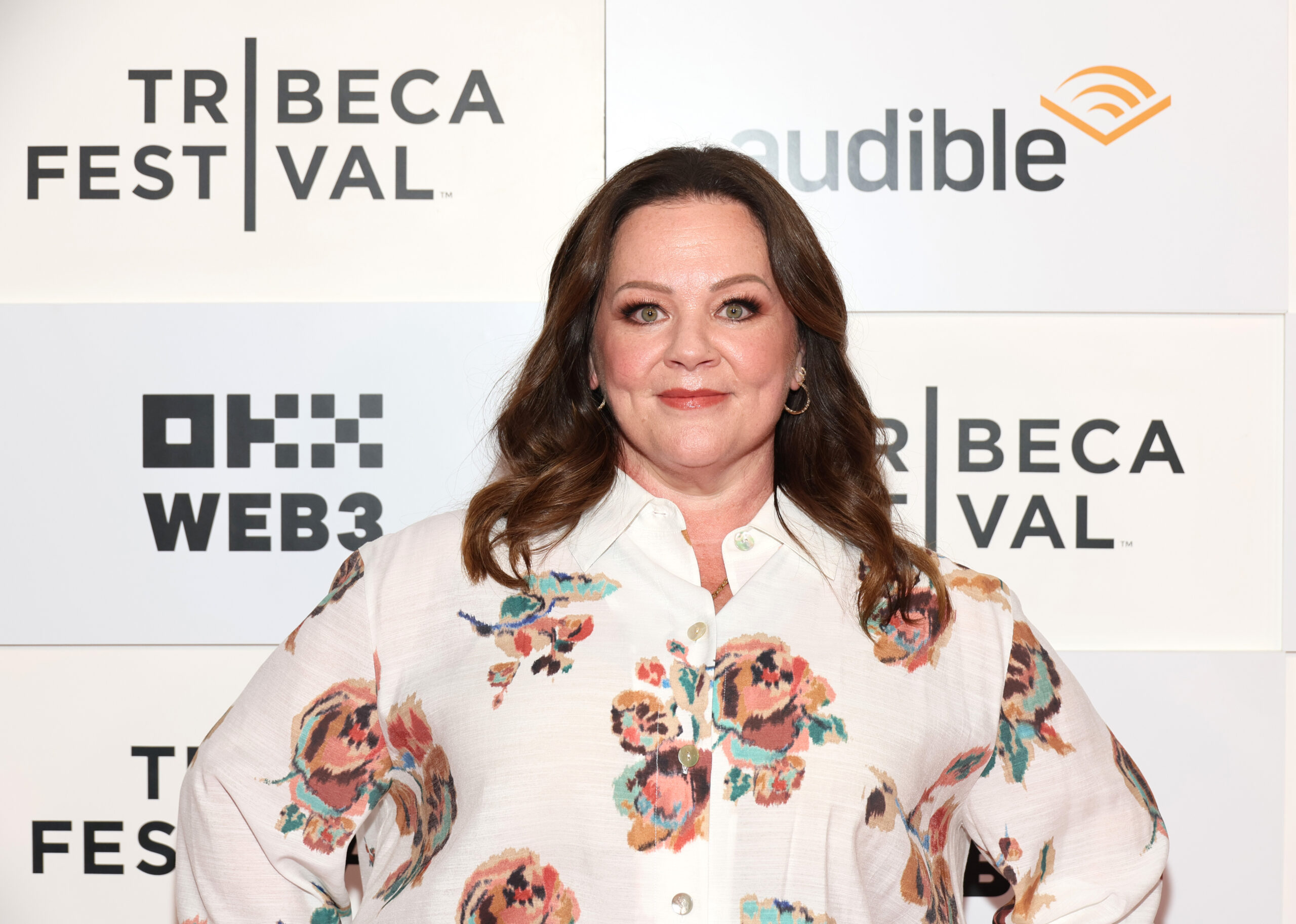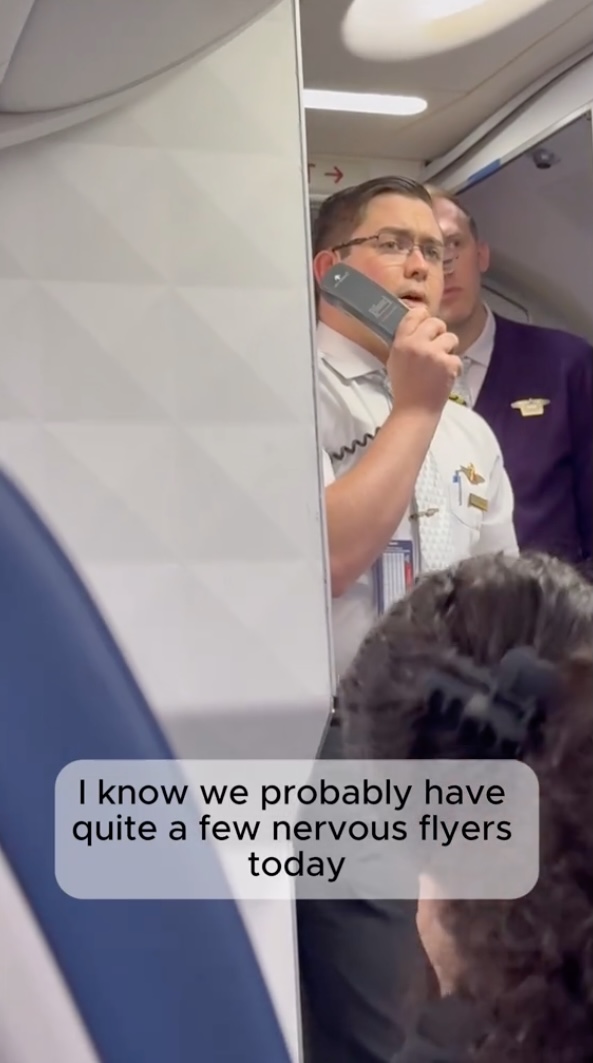**Chloé Zhao on Exploring Documentary Filmmaking and Her Dialogue with Hirokazu Kore-eda at the Tokyo International Film Festival**
At the ongoing Tokyo International Film Festival, acclaimed filmmaker Chloé Zhao, director of *Hamnet* and Oscar-winner, engaged in a compelling conversation with prolific Japanese director Hirokazu Kore-eda. Zhao revealed she is currently exploring the possibility of making a documentary for her next feature, although she admits the genre demands a whole different level of courage.
“I think documentary filmmakers are very brave,” Zhao said. “I’m exploring making one now, but it’s safer for me to make fiction.”
She also addressed a significant concern that has contributed to her hesitation in venturing into documentary filmmaking—the historical portrayal of marginalized communities in America. “Marginalized communities, like those on reservations or people living in vans on the fringes of society, are often objectified or studied merely as social issues,” Zhao explained. “These cameras can be rough and the subjects are filmed under very unflattering light. But if you’re with them, immersed in their lifestyle, you’re exposed to the most beautiful landscape of America.”
Zhao shared a particular creative choice that reflected her sensitivity toward these subjects: “It was important for me and my cinematographer to use the golden hour. We called it ‘god’s light,’ because everything blends together. When you watch the sunset, you feel like you can reach a bigger power beyond you.”
Despite her careful approach, Zhao finds solace in the freshness that comes from not being an expert in a genre. “I only saw two and a half westerns when I made my western. I didn’t have the burden on my shoulders as an American would when making a western,” she said. She applied the same mindset to *Hamnet*: “When I made this Shakespeare adaptation, I didn’t have the burden of being a British filmmaker or knowing too much about Shakespeare. It’s so sacred.”
Reflecting on her evolving perspective toward filmmaking, Zhao observed a shift that occurred in her 30s. “When I was younger, making films was about chasing as many horizons as possible. But with *Hamnet*, it was about containing one frame, one room. I was interested in confining everything to one frame and one stage.”
Turning to Kore-eda, Zhao expressed admiration for the director’s signature restraint, which blossoms into intimate portraits and thoughtful reflections on life. “Your films have this comfort in the details of how a person has lived their lives,” she said. “Often, cinema skips that part. It focuses on the highs and super lows and forgets what we’re doing 80 percent of the time. Your films enlighten us to the comfort of these daily rituals.”
Zhao shared how this focus on life’s small routines helped her cope during challenging times. “Whenever life gets really crazy, I follow the advice of ‘just try to do your laundry.’ Making a sandwich, drinking water—that’s what many people responded to during the pandemic. Let’s just do the little things, like folding the laundry.”
She admitted to the Tokyo audience how difficult it was to figure out the ending for *Hamnet*, which notably takes place in the Globe Theatre (no spoilers, Zhao assures). “When I saw the ending I wrote, I said it didn’t work. I remember Jessie [Buckley] looking at me after we went through all of this with the look of ‘This is nothing. It doesn’t really feel like it,’” Zhao recounted.
“I didn’t sleep that night. Jessie didn’t sleep that night. I was also going through a personal loss, so I was in a lot of emotional pain,” she continued. “The next morning, when I was going to work, I was in a car in London, and it was raining. I looked down at my phone, and Jessie had sent me a song called ‘On the Nature of Daylight.’”
Zhao described the profound impact of the haunting piece by Max Richter: “The song has a very special ability to harmonize your whole body to the world around you. You suddenly feel like one with everything. As I was listening, I started crying, holding my hand out to catch the rain outside the window, trying to reach nature. I realized I could no longer be afraid of losing my love, because we’re all one, and you can’t lose love. It just transforms into something else.”
That moment of clarity led Zhao to find the ending *Hamnet* needed.
Kore-eda emphasized the importance of the communal experience in watching *Hamnet*, urging audiences to see the film in theaters. “Although I was watching the film on a small screen with just one other person, I was still watching it with someone else, and that cannot be sacrificed. The communal experience is essential,” Kore-eda said. “That’s why we have this film festival—to maintain that.”
Zhao echoed this sentiment: “*Hamnet* is about oneness and people coming together. That’s what I’m looking for: how do we dissolve the illusion of separation we feel with each other?”
Both filmmakers also shared how they adapt on set through collaboration. Kore-eda explained, “If the movement changes, the dialogue has to change too, so I will just rewrite it on set.”
For Zhao and Kore-eda, cinema is a vital means of communication, especially when verbal connection proves challenging. Zhao reflected, “In *Hamnet*, you see William Shakespeare struggling to connect and communicate in real life, but when he’s on stage, he communicates everything.”
She added, “Some of my favorite memories are about making beliefs and fantasies for other people’s memories.”
Popping into the Tokyo festival in the midst of shooting his next feature, Kore-eda shared his joy in filmmaking. “I can’t stop making films,” he said. “Work-life balance is gone for me at the moment, as I’ve had two productions this year, so I’m only working right now. I’m shooting a movie, and that gives me a lot of joy. I don’t want people to think you have to be like this to be a film director, but this is the fun part.”
“I’m like a grandfather, 60 years old, having fun with movies, and that’s the impression I want to give people—that it’s fun. I want them to feel that way when they see me. That’s my work and that’s my life.”
https://deadline.com/2025/11/hamnet-chloe-zhao-hirokazu-koreeda-tokyo-making-doc-1236605497/




